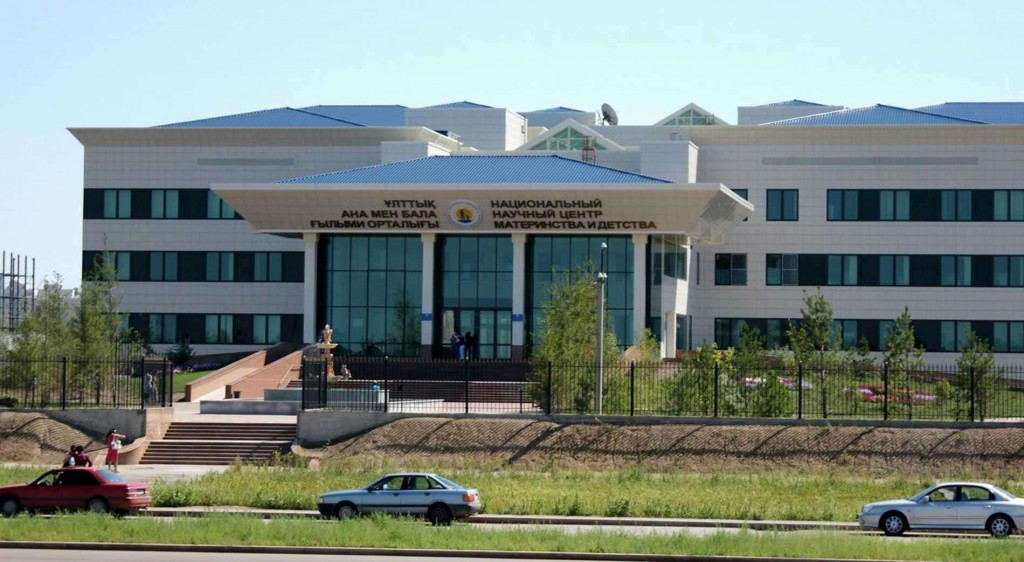ASTANA – In the mid-1970s, the need existed to provide genetic services to the population by establishing medical-genetic consultations based on the Scientific Centre for Obstetrics and Gynecology as well as marriage and family consultations. Today in Kazakhstan, there are only three medical doctors (MD) who specialise in medical genetics, two in Almaty and one in Astana.
“Our lab has several key features. The first is a genetic screening of patients with a history of genetic abnormalities or congenital malformations. The second large group is determined during the ultrasound examination or the biochemical screening, when chromosomal aberrations of unborn children are found. Of these two groups, we find patients who are sent for laboratory genetic research,” Gulshara Abdildinova the head of the department of laboratory diagnostics and research of the National Research Centre for Maternal and Child Health, told Kazakhstanskaya Pravda national daily.
The laboratory provides professional medical-genetic assistance to the Kazakh population, including cytogenetic and invasive prenatal diagnosis, cytogenetic analysis of bone marrow cells and molecular genetic diagnosis. In addition, the laboratory has begun work on the study of the genetic load in the population from the information system to register congenital malformations and chromosomal and monogenic diseases.
Using karyotypes to diagnose genetic disorders is now the most widely-employed analysis.
“A regular human cell has 46 chromosomes: 44 autosomes, which come in pairs, and 2 sex chromosomes, which specify gender (XX for female and XY for male). Karyotype testing can be done using almost any cell or tissue from the body. A karyotype test usually is done on a blood sample taken from a vein. For testing during pregnancy, it may also be done on a sample of amniotic fluid or the placenta. Individuals could be perfectly healthy, but because of the intrachromosomal recombination, their reproductive function may be impaired. With karyotyping, we can identify these adjustments and help our colleagues to diagnose and find out an appropriate treatment to solve the problem of infertility,” said Abdildinova.
The variety of genetic tests has expanded throughout the years. In the past, the main genetic tests searched for abnormal chromosome numbers and mutations that lead to rare, inherited disorders. Today, tests involve analysing multiple genes to determine the risk of developing more common maladies such as heart disease and cancer.
“In today’s world of bad environment, industry and technology development, the mutation rate has increased tenfold compared to 60-70 years ago,” said Abdildinova.
The National Research Centre for Maternal and Child Health is one of the progressive hospitals of National Medical Holding. The capacity is 500 beds and medical service is provided in 31 clinical units with comfortable conditions for patients. In addition to the state volume of free medical care, the centre provides private services and cooperates with national and international insurance and assistance companies, including diplomatic missions.


